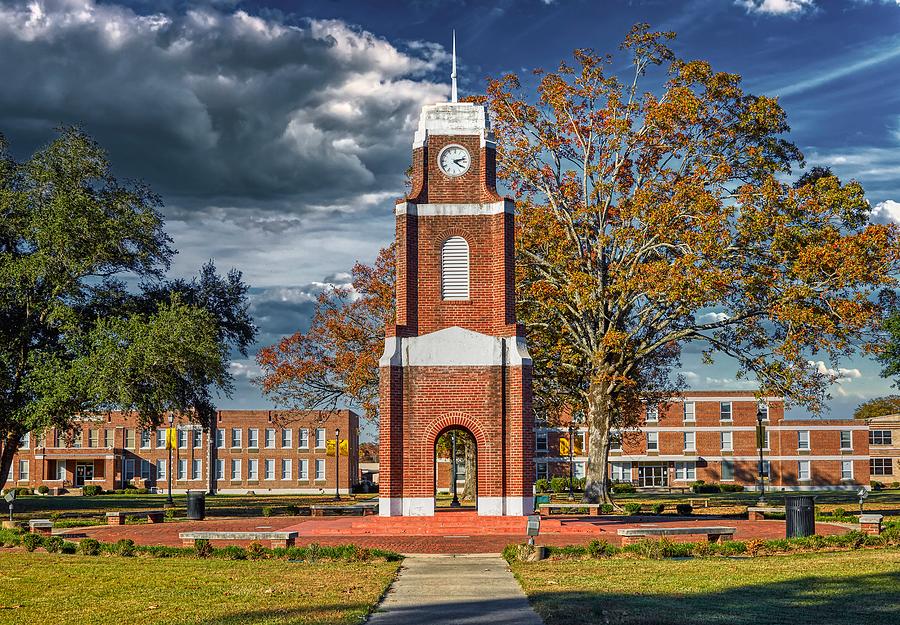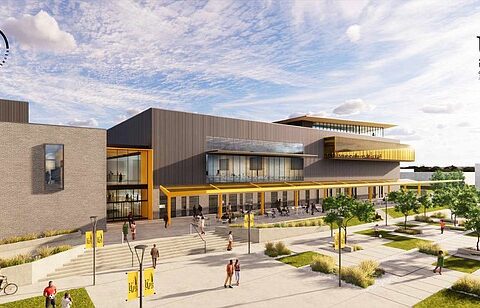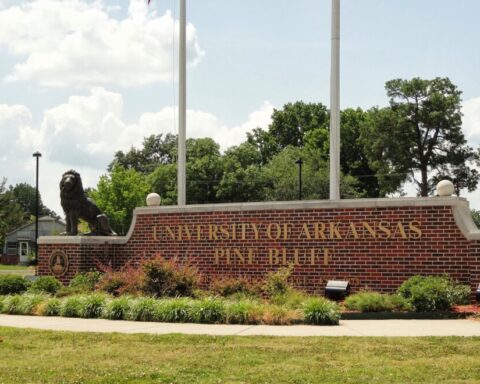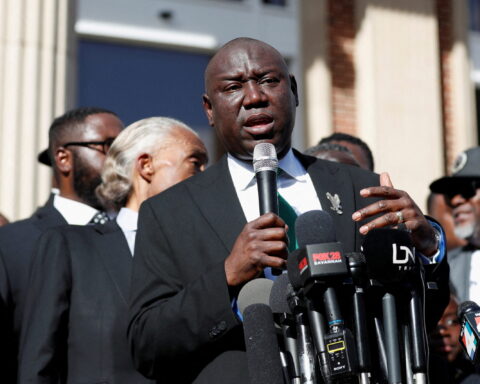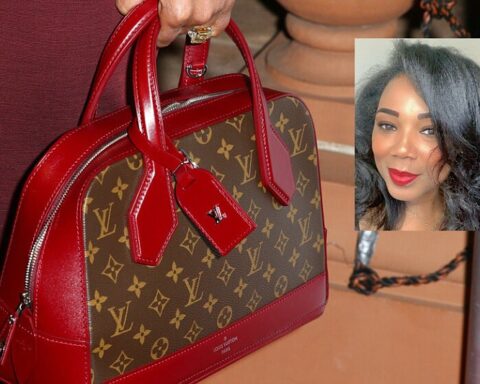By Wil Hehemann
Students at Jack Robey Junior High School recently set up their own school garden thanks to a University of Arkansas at Pine Bluff (UAPB) initiative, said Dr. Karleah Harris, assistant professor for the UAPB Department of Human Sciences. Funded by a U.S. Department of Agriculture National Institute of Food and Agriculture (NIFA) grant, the project promotes active and inquiry-based science learning.
Dr. Harris and undergraduate students from the UAPB Department of Human Sciences helped Tamika Ratliff and her science students prepare garden beds for planting produce such as strawberries, tomatoes, lettuce, cabbage and bell peppers.
“It is so wonderful to team up with Dr. Harris and UAPB on a project that helps solve the problem of the food desert here at Jack Robey Junior High School,” Ratliff said. “My students have really enjoyed planting and taking care of the garden. They are so excited to be able to eat fruits and vegetables that they grew themselves.”
Women, especially women of color, are underrepresented in science, technology, engineering and math (STEM) fields, Dr. Harris said. Introducing all students to scientific concepts at an early age can help increase women’s representation in STEM fields. Engaging, hands-on projects such as the gardening initiative at Jack Robey Junior High School can help open the door to a lifelong interest in science, she said.
“I enjoyed the questions students asked while they learned and planted different crops in the garden,” Dr. Harris said. “This always led to fruitful discussions. The students had the opportunity to build knowledge, work collaboratively and find out where their food comes from. And they were not afraid to get their hands dirty.
“Mr. Arnold Robertson, the school principal, is very supportive of this project and is always willing to help in any way he can to ensure the success of his teachers and students,” she said. “Ms. Tamika Ratliff was very involved in the authentic scientific inquiry activities and was supportive of her students.”

